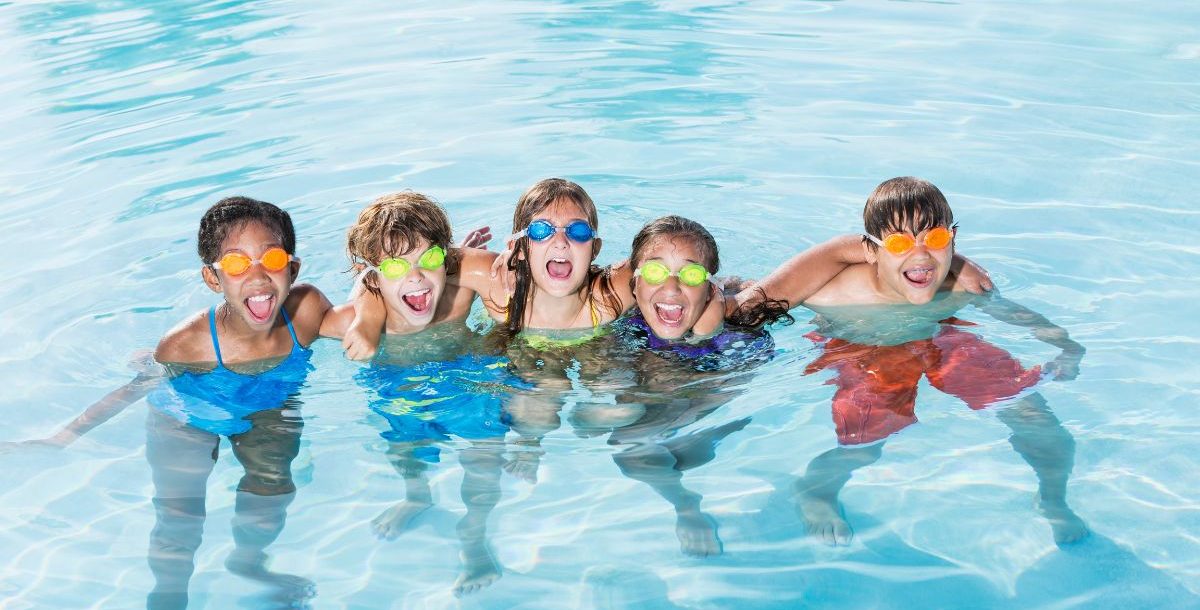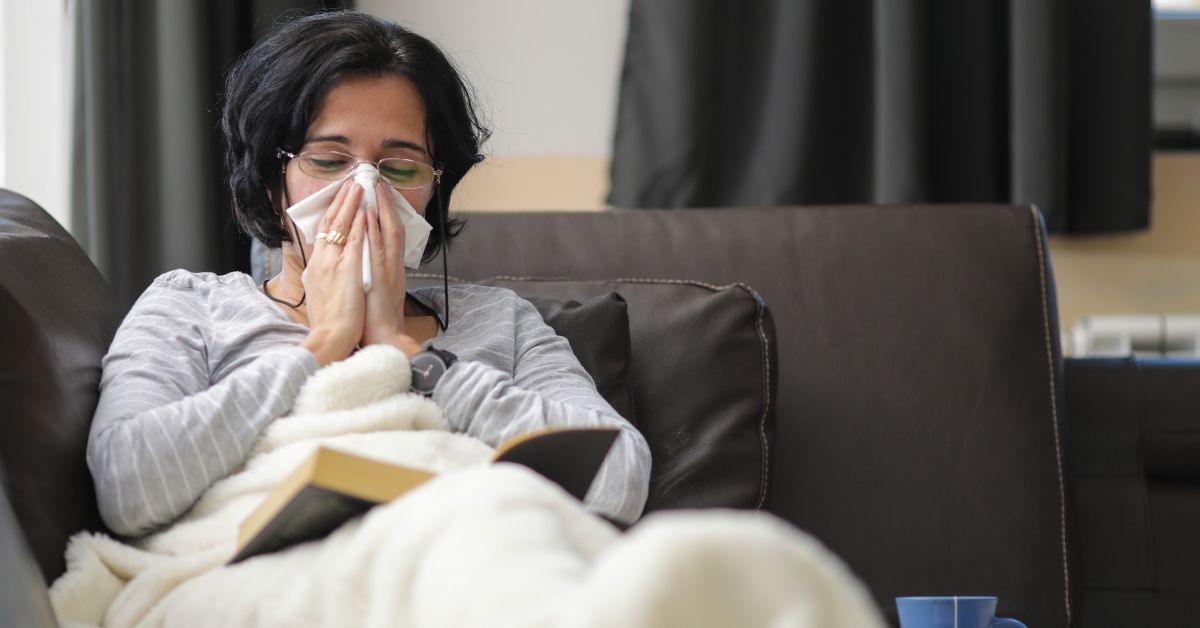Summer is officially here! That means spending more time outside in the water and the sun. Here are some healthy summer tips to stay safe this summer.
Stay hydrated
Make sure to drink lots of fluids. If you are participating in physical activity and it’s causing you to sweat more, make sure to drink plenty of water. Avoiding sugary or alcoholic drinks in the heat to can lower your chances of dehydration.
Additionally, eating seasonal produce can help with your water intake, since many in-season fresh fruits and vegetables are high in water content.
Stay cool
It’s important and healthy for both your body and mind to stay active during the summer months and enjoy outdoor activities. However, in extreme heat, make sure you are taking breaks and getting in air conditioning. Also, make sure to never leave pets and children inside a hot car.
Signs of heat stress include, but are not limited to:
- Muscle pains
- Cramps
- Dizziness
- Headaches
- Fainting
If you are experiencing these signs, move to a cooler area and take a cold shower or bath. Seek medical help if symptoms get worse or last longer than an hour.
Water safety
Taking safety precautions around water is always important, but they become more critical during thee warmer months when people spend more time around water. Stay safe by swimming in areas supervised by lifeguards, as well as swimming with a buddy and never letting anyone swim alone. Do not leave young children unattended near water and have inexperienced swimmers wear life jackets in and around water. If a child is missing, always check the water first.
If you are boating, always make sure everyone onboard – including experienced swimmers – wears life jackets at all times. Also, ensure that someone off the boat knows where you will be boating. You never know what your outdoor water journeys can bring, so it’s always good practice to let someone back ashore know your route plan as well as how long you plan to be on the water.
You’ll also want to make sure any communication devices like phones, emergency locator beacons or walkie-talkies are charged, have a signal and work properly.
Protect your skin
Apply broad-spectrum sunscreen before going outside with at least SPF 30 or higher. You can also minimize sun exposure by wearing loose-layered clothing that covers the skin and a wide-brimmed hat. Wearing sunscreen can help prevent skin cancer.
Use insect repellent containing DEET and wear long sleeves and long pants to prevent mosquito bites and ticks, which can cause illnesses like West Nile virus and Lyme disease.
When wearing both sunscreen and insect repellent, apply the sunscreen first and the repellent after. Reapply sunscreen every couple of hours or sooner if you are in the water or sweating.
Watch your food
Summer is also a time when food poisonings peak due to hotter temperatures causing food-borne germs to thrive. To help prevent food poisoning, follow these four simple steps: clean, separate, cook and chill.
Along with summer also comes grilling season. Make sure to keep your grill at least 10 feet from your house and clean your grill regularly. Do not allow small children around the grill or leave it unattended. Also, be sure to check for gas leaks and keep a fire extinguisher nearby in case of emergencies.
Summer and pets
Summer’s heat can be dangerous for your family pets. Taking extra care will help ensure your pet stays safe this summer. Don’t leave your pet in a hot vehicle, even for a few minutes. The car’s inside temperature can quickly reach 120 degrees even with the windows cracked open.
Animals can also suffer heat stroke, a common problem for pets in warmer weather. Dogs with short noses or snouts, like the boxer or bulldog, are especially prone to heat stroke, along with overweight pets, those with extremely thick fur coats or any pet with upper respiratory problems such as laryngeal paralysis or collapsing trachea.
Bring your pet to the veterinarian as soon as possible, as heat stroke can lead to severe organ dysfunction and damage.
When to see a provider
You can follow all the healthy summer tips and tricks, but sometimes accidents happen or things go awry. If you’re feeling unwell or end up with a minor injury, schedule an appointment with your primary care provider or visit an urgent care location. However, if you experience a serious or life-threatening medical issue or emergency, call 911.
Learn more about the emergency care and urgent care services we offer at Bon Secours.





